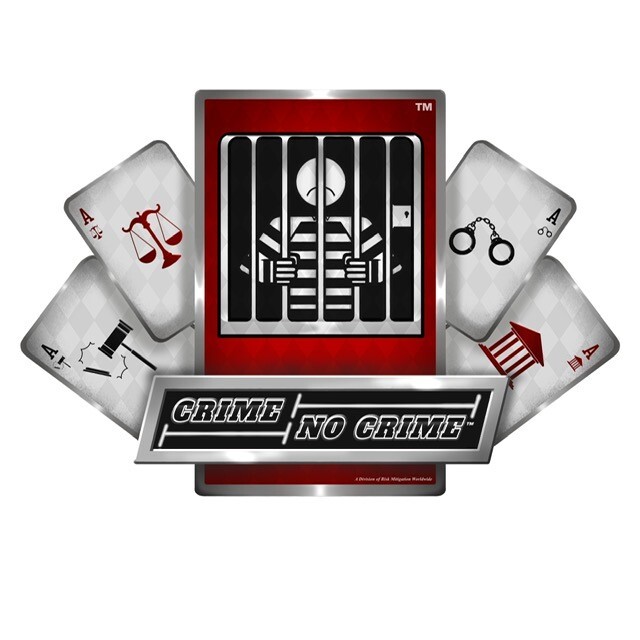The Benefits of Law Games
Active Learning:
Law games encourage active participation, as students need to think on their feet and apply legal knowledge in real-time scenarios. This form of active learning helps reinforce their understanding of legal doctrines, case laws, and courtroom procedures more effectively than passive methods such as lectures or reading alone. By immersing students in the practical side of law, they gain confidence and retain information better.
Developing Critical Thinking:
Legal education demands the ability to analyze complex situations, interpret statutes, and weigh multiple perspectives. Law Games for Students Law games challenge students to think critically, as they must consider different aspects of a legal case or problem and make decisions based on legal reasoning. This hones their problem-solving abilities, which are essential in real-world legal practice.
Enhancing Collaboration and Communication:
Most law games require group participation, encouraging students to work as a team. These activities simulate real-life legal environments, such as negotiations or courtroom trials, where collaboration and communication are key. Students learn to articulate their ideas, negotiate effectively, and present legal arguments in a persuasive manner, skills that are invaluable to future legal professionals.
Examples of Law Games for Students
Mock Trials:
One of the most popular and effective law games for students is the mock trial. In this game, students take on various roles such as attorneys, witnesses, judges, and jurors to simulate a real courtroom trial. They prepare arguments, examine witnesses, and present their cases based on fictional or historical legal scenarios. Mock trials teach students courtroom procedures, legal ethics, and the importance of evidence and legal precedent. This immersive experience is invaluable in helping students understand how the judicial system operates.
Legal Quizzes and Trivia:
Legal trivia games are a fun and competitive way to test students’ knowledge of statutes, case law, and legal history. These games can be structured as individual or team-based competitions where participants answer questions related to various legal topics. Legal quizzes can range from multiple-choice questions to more complex case studies where students must identify legal issues and propose solutions. This format helps students review and reinforce their learning while fostering a spirit of healthy competition.
Debate Simulations:
Debating is another engaging law game that sharpens students' argumentative skills. In legal debates, students are assigned opposing sides of a legal issue or case. They must research their positions, develop arguments, and rebut the points made by the opposing team. This helps them practice public speaking, persuasive writing, and legal reasoning in a competitive setting. Debates also enhance students' understanding of both sides of a legal argument, an essential skill for any lawyer.
Negotiation Simulations:
In a negotiation simulation, students take on the roles of opposing parties or legal teams and work towards a mutually beneficial agreement. This game emphasizes the importance of compromise, strategic thinking, and the ability to anticipate and counter the opposing side’s moves. Crime No Crime Law Game Negotiation simulations are excellent for students interested in fields like contract law, corporate law, and dispute resolution.
Role-playing Games (RPGs):
Law-based RPGs allow students to explore different legal scenarios by assuming roles such as a lawyer, judge, or client. These games typically present students with a legal problem that they must solve by making decisions, drafting legal documents, or advising clients. This immersive experience helps students understand the complexities of legal practice and how decisions can have various legal consequences.






Comments